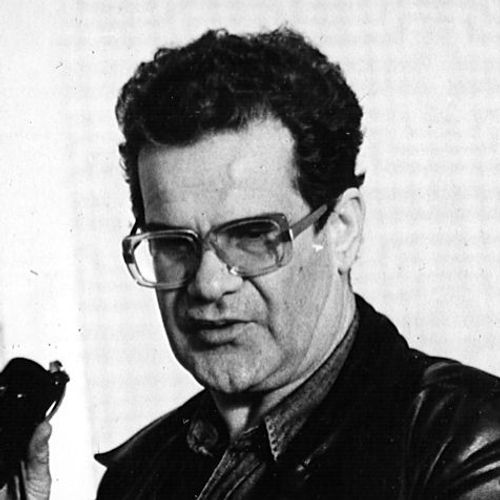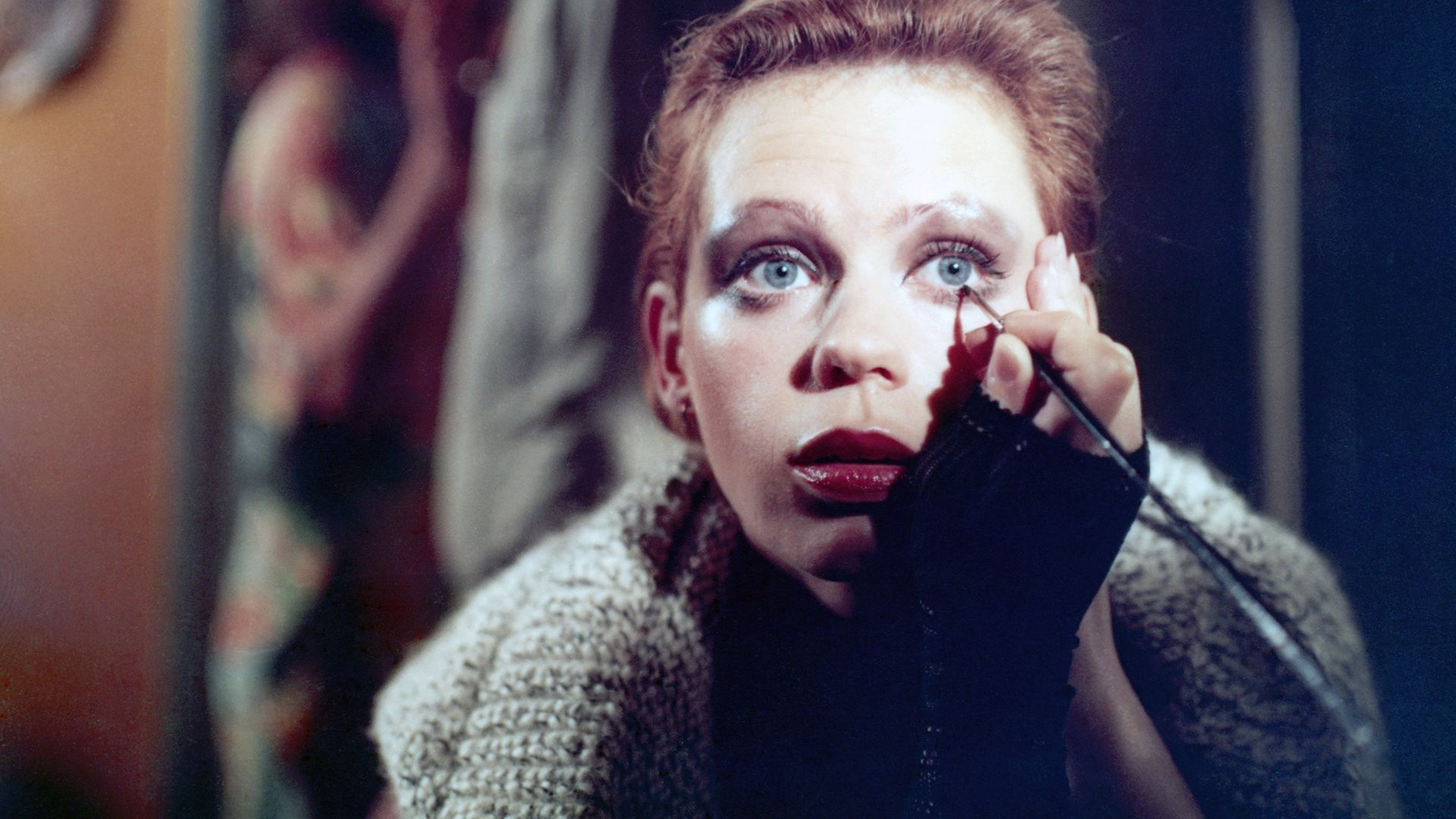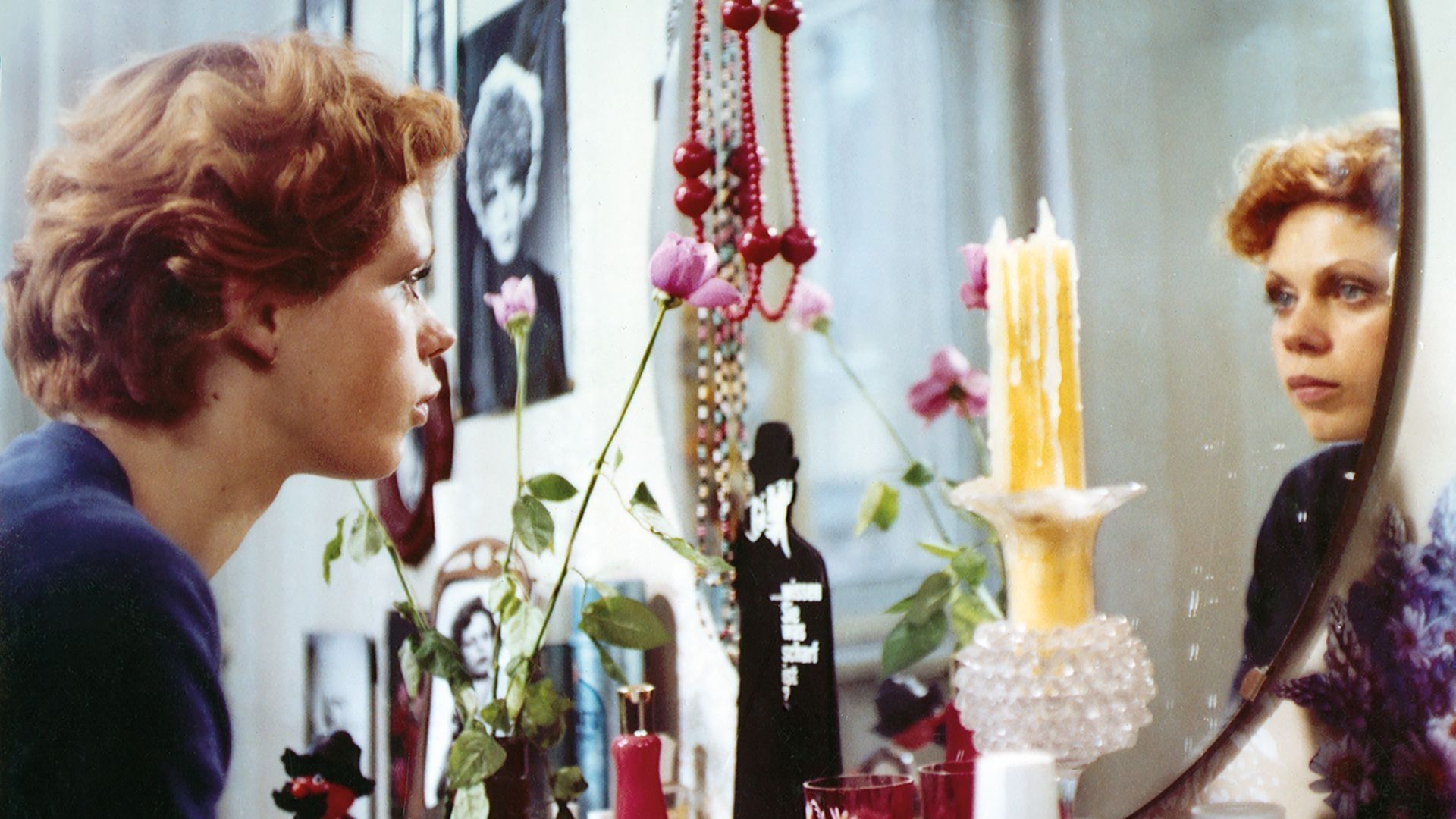Sunny soolo
East Berlin’s rebel star – Sunny’s fight for freedom and fame.
Sunny (Renate Krößner) is an aspiring pop singer whose defiant nature clashes with the patriarchal conventions of socialist East German society, both on stage and in her personal life. Her winding journey toward going solo is set against the bohemian backdrop of East Berlin, steeped in the stylish milieu of the time, accompanied by a captivating soundtrack.
This stunningly authentic story resonated with millions of young viewers on both sides of the Berlin Wall, quickly gaining cult status. It made Krößner an overnight fashion icon and one of her generation’s most prominent actresses, earning her the Silver Bear at the 1980 Berlinale.
"Solo Sunny" is one of East Germany’s cinematic gems, a swan song of a brief cultural thaw in the GDR, and one of the last examples of DEFA’s women's films.
Eva Näripea

Kondrad Wolf (1925–1982) was a towering figure in East German cinema, whose films centred on the themes of war, peace, and art. His early years were spent in Soviet Russia, where his Jewish family, driven by communist ideals, fled after the National Socialists rose to power in 1933. Wolf studied film at the All-Union State Institute of Cinematography in Moscow and, upon returning to the GDR, began working at DEFA. From 1965 to 1982, he served as president of the GDR’s Academy of the Arts. In 1985, the film school in Potsdam, now the Filmuniversität Babelsberg, was named in his honour. “Solo Sunny” was his final feature film.
Sterne (Stars, 1959), Professor Mamlock (1961), Ich war neunzehn (I Was Nineteen, 1967), Goya (1971), Mama, ich lebe (Mama, I’m Alive, 1976), Solo Sunny (1979, co-dir)
Wolfgang Kohlhaase (1931–2022) was one of Germany’s most renowned and successful screenwriters, known for his authentic storytelling, concise dialogues, and subtle irony.
Berlin um die Ecke (Berlin around the Corner, 1966/1990, dir Gerhard Klein), Ich war neunzehn (I Was Nineteen, 1967, dir Konrad Wolf), Solo Sunny (1979, dir Konrad Wolf), Der Aufenthalt (Held for Questioning, 1982, dir Frank Beyer), Die Stille nach dem Schuss (The Legend of Rita, PÖFF 2000, dir Volker Schlöndorff)





